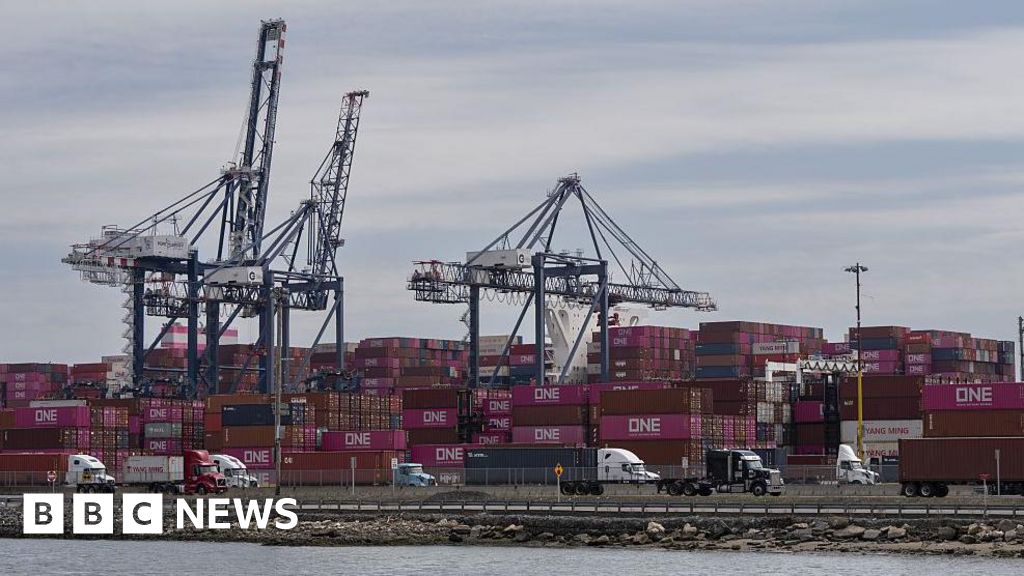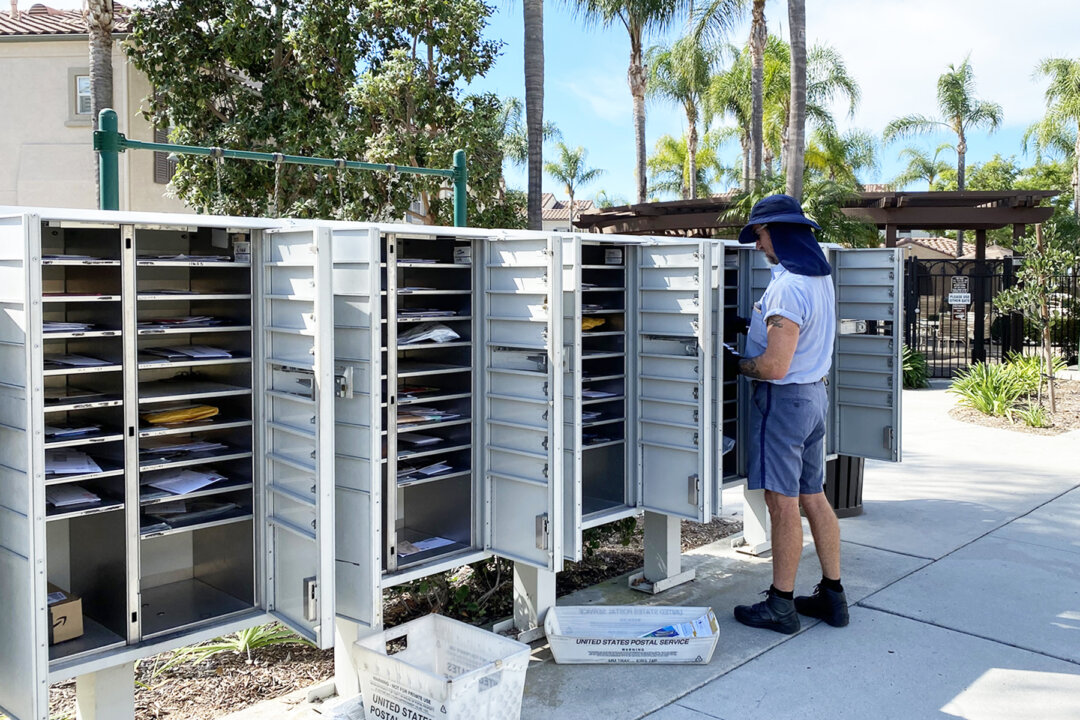President Trump Ends Tariff Exemption for Low-Cost Overseas Shipments
President Donald Trump signed an executive order on July 30, imposing duties on all low-cost shipments and ending the US tariff exemption for low-value overseas packages.
Subscribe to unlock this story
We really don't like cutting you off, but you've reached your monthly limit. At just $5/month, subscriptions are how we keep this project going. Start your free 7-day trial today!
Get StartedHave an account? Sign in
Overview
- On July 30, President Donald Trump signed an executive order, initiating a significant change in US trade policy regarding imported goods.
- The order specifically imposes new duties on all low-cost shipments, directly affecting how goods from overseas enter the United States.
- This executive action officially ends the long-standing US tariff exemption that previously applied to low-value overseas packages, altering import regulations.
- The move aims to ensure that all imported goods, regardless of their value, are subject to appropriate tariffs, potentially impacting e-commerce and international trade.
- This policy shift could lead to increased costs for consumers and businesses importing items that were previously exempt, influencing purchasing habits and supply chains.
Report issue

Read both sides in 5 minutes each day
Analysis
Center-leaning sources cover this story neutrally by presenting the executive order's details and the White House's stated justifications without editorializing. They balance the administration's concerns about opioids and tariff evasion with the impact on consumers of low-cost goods, providing a factual overview of the policy change and its implications.
Articles (3)
Center (1)
FAQ
The exemption, known as the "de minimis" exemption, allowed low-value commercial shipments (valued at or under $800) to enter the US without facing tariffs. This exemption has now been suspended, meaning all such shipments will face applicable duties starting August 29, 2025.
The new tariffs on low-value shipments will start applying on August 29, 2025, following the executive order signed by President Trump on July 30, 2025.
Goods shipped through the postal system will face either an "ad valorem duty," which is equal to the effective tariff rate of the package's country of origin, or, for six months, a specific tariff ranging from $80 to $200 depending on the originating country's tariff rate.
President Trump expedited the suspension of the de minimis exemption citing national emergencies, aiming to save American lives and businesses immediately, even though the legal repeal by the tax and spending bill was set to take effect worldwide by July 1, 2027.
The end of the exemption will likely increase costs for consumers and businesses importing low-value items, potentially affecting purchasing behaviors, raising prices, and disrupting supply chains, especially in e-commerce and international trade sectors.
History
- This story does not have any previous versions.


